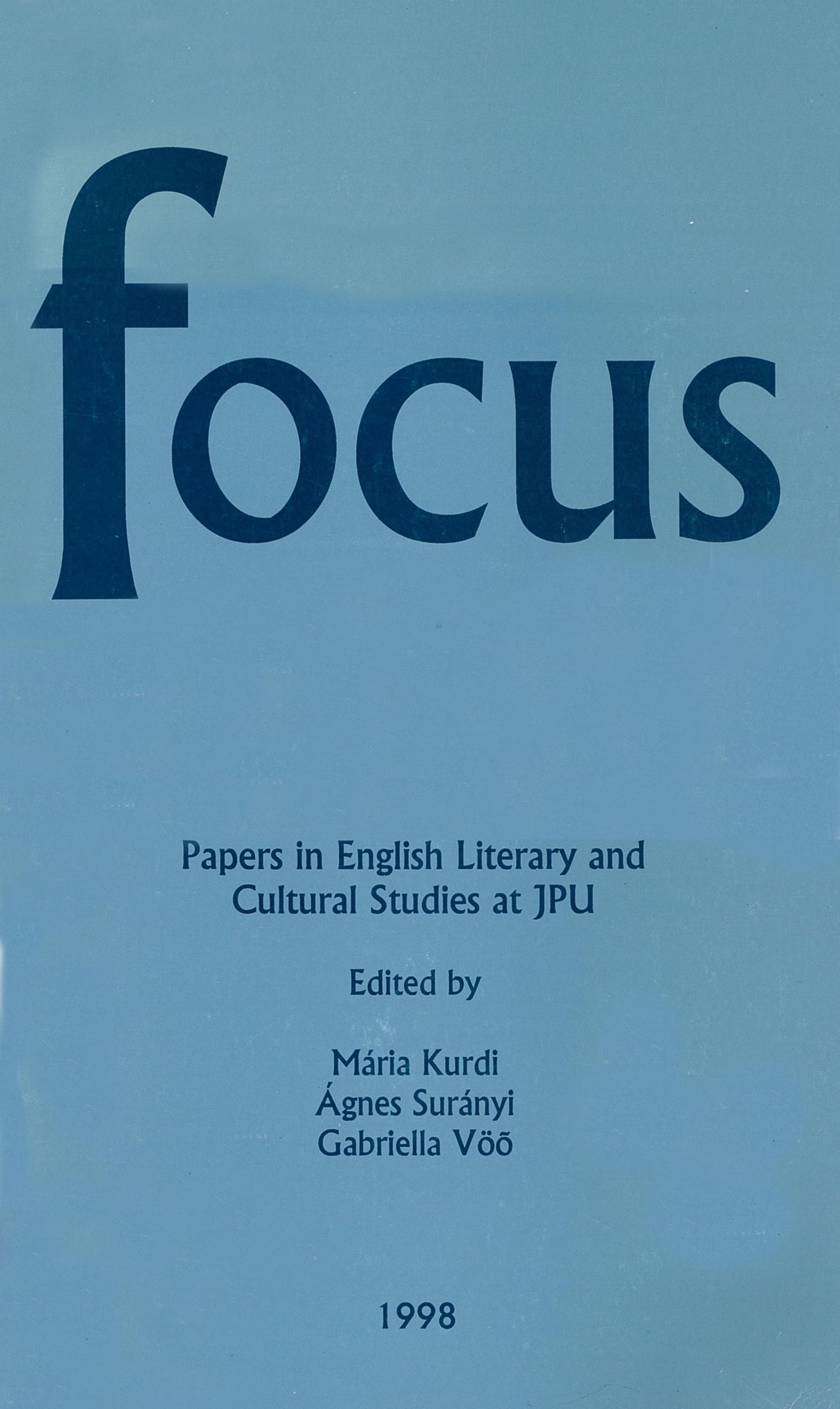The Irish Contribution to British Drama in the Eighteenth Century
Abstract
It is widely accepted that with the restoration of King Charles II to the throne of England in 1660, English drama underwent a new and historically important phase of development. For the first time, actresses appeared on the English stage, now modelled on the French tennis-court style, and painted scenery in perspective laid the basis for a more realistic portrayal of life. In these new theatrical conditions, whereby the proscenium stage slowly developed into the nineteenth-century pictureframe style, tragedy received the kiss of death, comedy the kiss of life. This is not to say that tragedies were not written after 1660. On the contrary, tragedy as an art form had such a high cultural profile that its continued existence was guaranteed up to the end of the nineteenth century. Thus the five-act tragedy in blank verse, with a setting in remote times and places, carried on the Shakespearean tradition right up to Alfred Lord Tennyson. But Restoration tragedy is lifeless and artificial in contrast to the liveliness and sheer zest of Restoration comedy. Even the best ofthe Restoration tragedies, by Dryden, Congreve or Southerne, make dull reading today, and as the eighteenth century advanced the only spark of originality in tragedy came when the domestic, prose tragedy was introduced, in plays such as Lillo’s The London Merchant (1731) and Moore’s The Gamester (1753), plays which had as their main purpose the teaching of some lesson to the youth of the day. These domestic tragedies were to pave the way for French and German drama of ordinary life, and eventually for the social dramas of Henrik Ibsen. But in the meantime English tragedy in its mainstream form remained remote and artificial, having little or nothing to do with real life. Comedy, on the other hand, which is always more closely related to realism, rapidly developed as a witty and daring reflection of the manners and morals of an aristocratic society. The comedies of Dryden, Etherege, Wycherley and Congreve were heavily indebted to the French theatre, especially to the theatre of Moliere, but they managed to transport this form to London with such success that a new genre was invented: the English comedy of manners (cf. Muir).
Downloads
Published
How to Cite
Issue
Section
License

This work is licensed under a Creative Commons Attribution-NonCommercial-NoDerivatives 4.0 International License.
FOCUS: Papers in English Literary and Cultural Studies follows the principles laid down by Creative Commons, which provides guarantees for the Author’s copyright while also ensuring that intellectual properties are made available for the wider public in a digital form. All papers submitted to the journal apply the following licence conditions (indicated on the journal’s website as well as in individual publications):
“© This work is licensed under a Creative Commons Attribution-NonCommercial-NoDerivatives 4.0 International License.”
You are free to:
- Share, copy and redistribute the material included in the journal in any medium or format under the following terms:
- Attribution — You must give appropriate credit to the Author, and indicate the original place of publication [FOCUS: Papers in English Literary and Cultural Studies, Issue nr., page numbers.].
- NonCommercial — You may not use the material for commercial purposes.
- NoDerivatives — You are not allowed to remix, transform, or build upon the material.
- The above conditions must always be indicated if the journal material is distributed in any form.
- The above conditions must always be met, unless a written permission signed by the Author and the Editor-in-Chief states otherwise.

